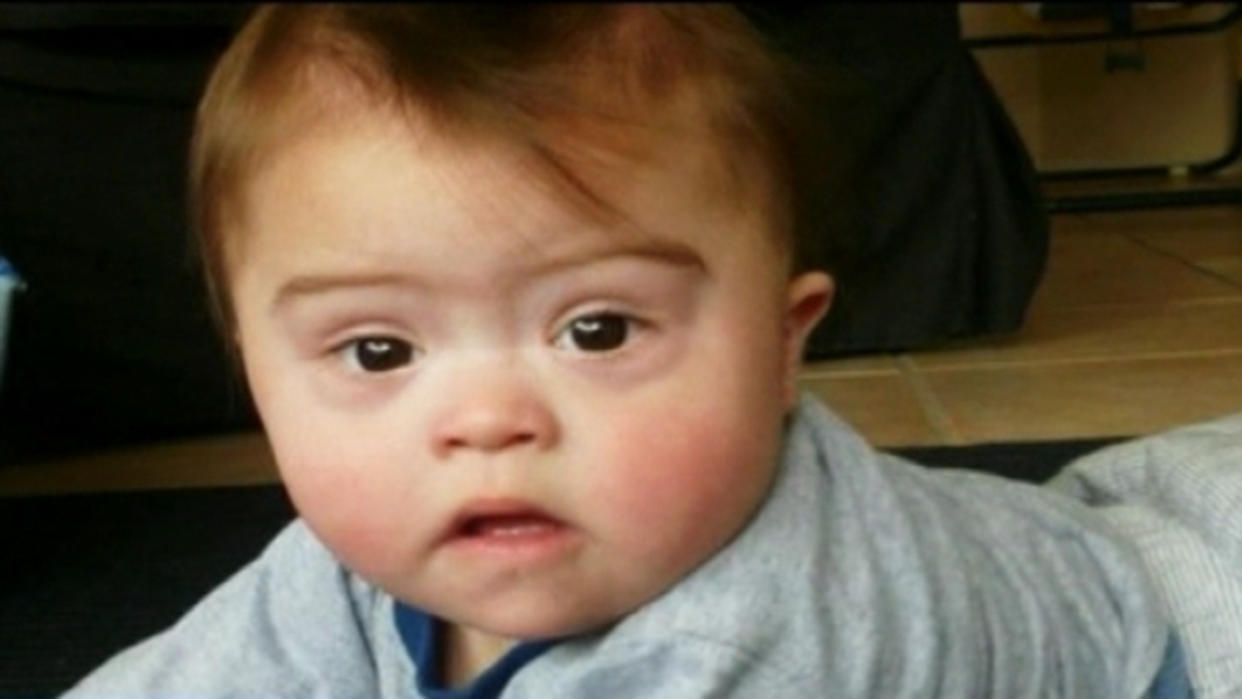Meningococcal warning after tragic death

Parents are being warned to be alert for signs of meningococcal following the death of a two-year-old boy from Port Stephens.
Ryder Manulat was flown to hospital but his mother has told 7News what appeared to be a rash spread so quickly he could not be saved.
Ryder was born with Down Syndrome and a heart defect. He required surgery at just 15 weeks.
But he survived, and thrived, until the age of two.
Then Ryder caught what seemed to be a cold. He was given painkillers and put to bed.
However, he developed a rash and was taken to the doctor and then flown to Newcastle's John Hunter Hospital.
Tragically, it was too late and, six hours after the rash appeared, Ryder died from multiple organ and heart failure.
It was the fourth case in the Hunter this year, bringing the state wide total to 15 - and the first death.
Ryder's parents were understandably too upset to speak on camera, but his mum, Merran, told 7News she does not want other parents to panic over her son's case.
His health, she says, was already compromised and this was one extra burden he could not bear.
However, health authorities are urging parents to be alert.
Meningococcal is in decline but remains a threat to infants, small children, adolescents and young adults. It can quickly become life threatening.
As many as 10 per cent of victims will die, with winter and spring the peak seasons.
Symptoms include high fever, headache, neck stiffness, joint pain and nausea.
There may also be spots or a rash that do not disappear when you press on it.
And babies may be difficult to wake, have a high-pitched cry, or refuse to eat.
If you discover those symptoms it's vital to get medical help urgently.
How the disease is spread
The bacteria lives at the back of the nose and throat, and doesn't survive well outside the human body, so is not easily spread.
Coughing, sneezing and mouth-to-mouth contact like kissing can be factors.
People who are exposed to smokers and cigarette smoke can also be at increased risk.. as are people who have recently had a respiratory tract illness.
There is a simple test to check rashes: press a glass against the rash and if it fades, it's not the meningococcal rash.
And happily, vaccines are available and children should have shots as part of their free routine immunisation.


